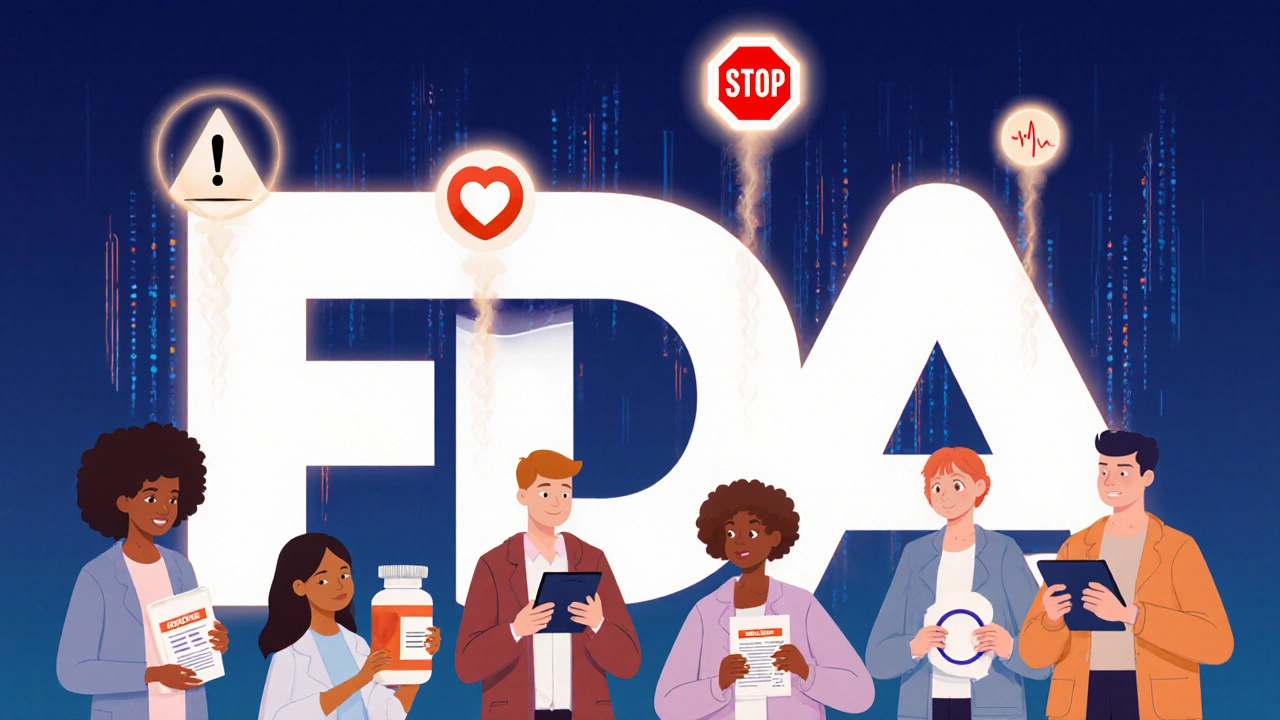Medication Warnings: What You Need to Know Before Taking Any Drug
When you take a medication warning, a clear alert about potential dangers tied to a drug’s use. Also known as drug safety notice, it’s not just fine print—it’s your first line of defense against harm. These warnings exist because drugs don’t work the same for everyone. What helps one person might hurt another, sometimes in ways you won’t see coming.
Common drug side effects, unwanted physical or mental reactions that occur after taking a medication like dizziness, dry mouth, or fatigue are often listed, but the real risks hide in the details. For example, medication interactions, harmful reactions when two or more drugs are taken together can turn a safe pill into a danger zone. Propranolol can mess with your sleep. Carbimazole might raise cancer concerns, even if the link is weak. And drugs like Combipres? They can make you so drowsy you can’t drive. These aren’t rare cases—they’re common enough that hundreds of thousands of people face them every year.
It’s not just about what’s in the bottle. Your body, your age, your other health conditions, even what you eat or drink can change how a drug behaves. Ethambutol can damage your vision if not monitored. Clotrimazole is safe for breastfeeding moms—but only if used right. And if you’re on birth control like desogestrel-ethinyl estradiol, your bones might be quietly affected. These aren’t scare tactics. They’re facts pulled from real studies and patient reports. The point isn’t to scare you off meds—it’s to help you use them wisely.
You don’t need to be a doctor to spot trouble. If you feel off after starting a new drug—especially if it’s something new like buspirone, vidagliptin, or raltegravir—track it. Write down when it happened, how bad it was, and what else you were taking. That’s the info your doctor needs to decide if it’s a warning you can live with… or one you should act on.
This collection of posts dives deep into real medication warnings you won’t find on the label. From how HIV drugs affect people with disabilities, to whether anxiety meds interfere with sleep, to what happens when you take antifungal creams while nursing—we’ve pulled together the stories, science, and straight talk you won’t get from a pharmacist’s quick answer. These aren’t theoretical. They’re lived experiences, backed by data, meant to help you ask the right questions before you swallow that pill.
How to Read FDA Safety Communications for Your Medications
Learn how to read FDA Safety Communications to stay informed about new risks with your medications. Understand warnings, labeling changes, and what actions to take-without panic or confusion.
View more
